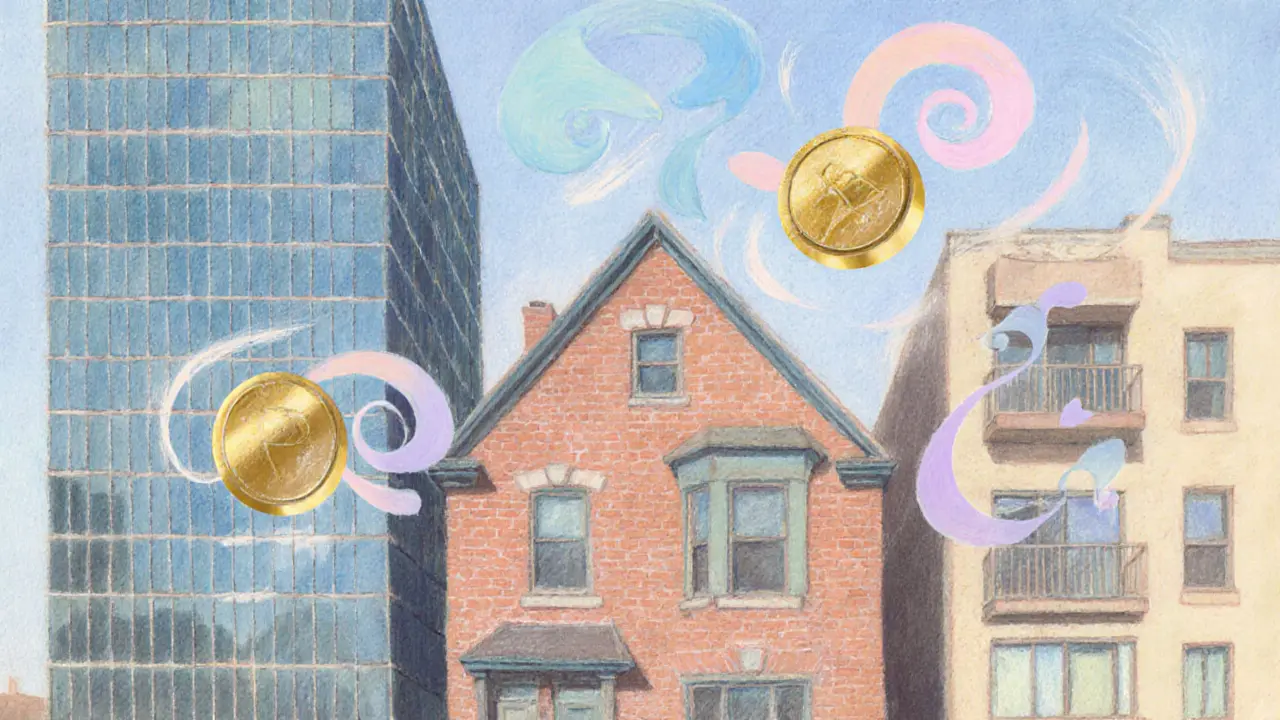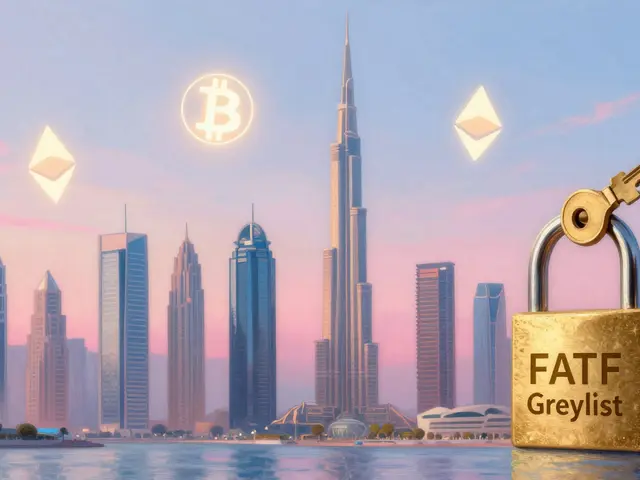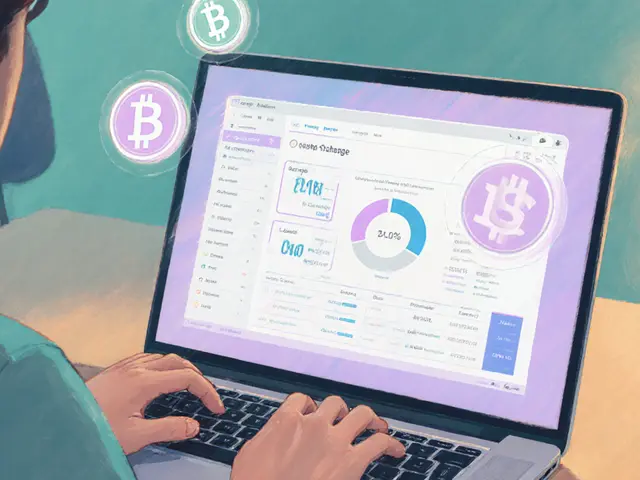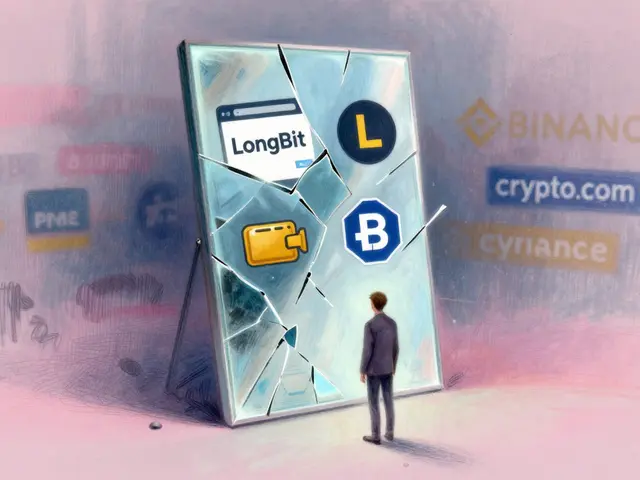Fractional Real Estate Investment
When you look at fractional real estate investment, the practice of buying small ownership slices of property instead of a whole building. Also known as property tokenization, it lets everyday investors hold real‑world assets with just a few dollars. This model grew out of blockchain experiments that let a digital token stand in for a piece of land, a condo unit, or a commercial lease.
Tokenization, converting a physical asset into a blockchain‑based digital token gives each share a unique identifier, transparent history, and instant transferability. Because the token lives on a public ledger, ownership can be verified without a title search. Platforms use this to slice a $1 million office building into thousands of $100 tokens, opening the market to renters, retirees, and anyone with a crypto wallet.
Security tokens, regulated digital assets that represent equity, debt, or profit rights bring the legal protections of securities to tokenized real estate. They must comply with local securities law, file paperwork, and often carry KYC/AML checks. The benefit is that investors get the same claim on rental income or appreciation as a traditional shareholder, but with the speed and low cost of a crypto transaction.
Real estate crowdfunding, online platforms that pool small contributions to fund property deals has been around for years, but the addition of blockchain cuts out the middle‑man and reduces fees. A crowdfunder can list a tokenized project, let backers buy portions, and automatically distribute dividends via smart contracts. This hybrid approach blends the community feel of crowdfunding with the auditability of the ledger.
Blockchain, a decentralized, tamper‑proof database that records transactions in blocks is the engine behind all these innovations. Its consensus mechanisms guard against fraud, while its smart‑contract language encodes ownership rules that execute without a lawyer. As more jurisdictions recognize blockchain records, the legal friction that once blocked token sales is disappearing.
The regulatory environment is finally catching up. Countries like Nigeria, Singapore, and Australia have issued clear guidelines for digital asset service providers, which means platforms offering tokenized property must obtain a VASP or securities license. This oversight reduces the risk of rug pulls and gives investors confidence that their slice of a building is backed by a real title.
Investors love the diversification boost. A single token can give exposure to residential apartments in Lagos, a co‑working space in Singapore, or a warehouse in the U.S., all from one dashboard. Because the assets are fractional, price volatility mirrors the underlying real‑estate market rather than the wild swings of Bitcoin, offering a steadier return profile for risk‑averse savers.
Ready to dive in? Start your fractional real estate investment journey by picking a licensed platform, completing KYC, and reviewing the token’s prospectus. Check the token’s smart‑contract address, understand the fee structure, and verify that the underlying property has a clear title. Once you’ve bought a few tokens, you can monitor rental yields and resale value through the platform’s analytics tools.
Below you’ll find a curated set of articles that break down everything from crypto‑friendly regulations to exchange safety, giving you the data you need to make informed decisions in this fast‑moving space.

Learn how real estate token trading works, compare top marketplaces, and get practical steps for investing in fractional property on blockchain. Includes benefits, risks, and future outlook.
Jonathan Jennings Oct 19, 2025




